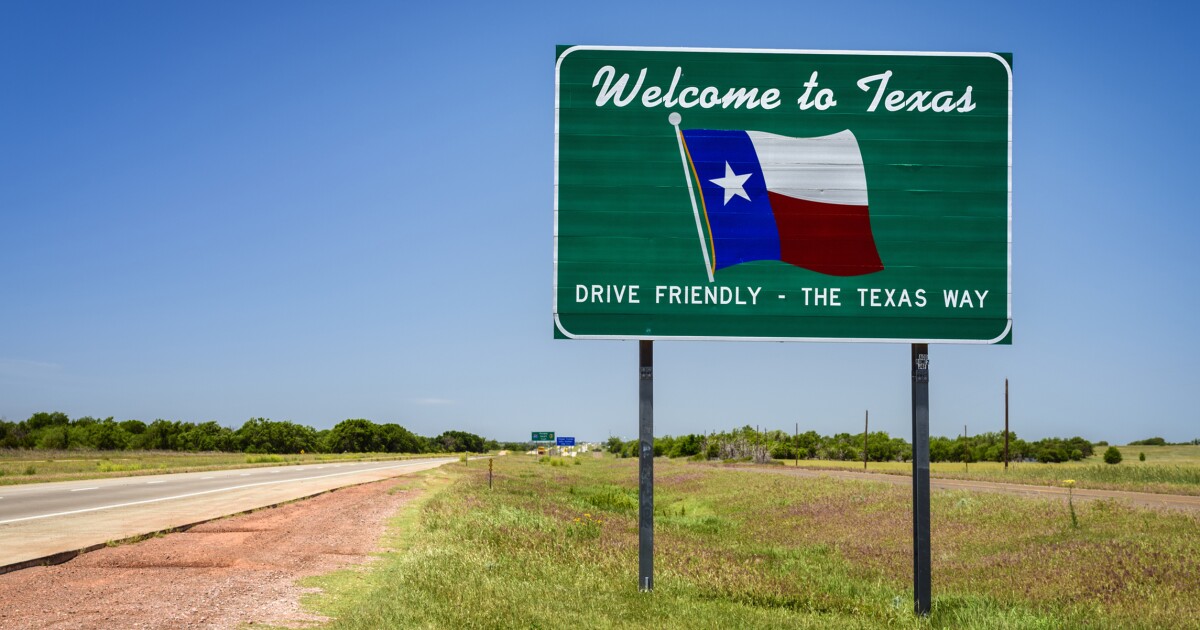

Texas Attorney General Ken Paxton asked the U.S. Supreme Court on Wednesday to keep the state’s controversial social media law in effect and to allow the state to restrict platforms such as Facebook, Twitter, and YouTube from censoring content.
Paxton, in a court filing, argued that the law, HB 20, should remain in place because it doesn’t violate the First Amendment, as it regulates a social media company’s conduct, not its speech, and also on the grounds that social media platforms are common carriers subject to regulation.
Supreme Court Justice Samuel Alito will now consider whether to grant an emergency stay of a lower court decision that had allowed the law to take effect last week. The law has been opposed by multiple advocacy groups representing the tech industry.
“Assuming the platforms’ refusals to serve certain customers implicated First Amendment rights, Texas has properly denominated the platforms common carriers,” the state wrote in its filing to the Supreme Court.
“Imposing common-carriage requirements on a business does not offend the First Amendment; indeed, this Court has upheld far greater intrusions into a communications platform’s business — for example, requiring cable companies to leave open certain channels for specific potential users,” the state added.
STATES TAKE LEAD FROM CONGRESS ON REINING IN BIG TECH
Last week, the 5th U.S. Circuit Court of Appeals allowed HB 20 to go back into effect while the case continues in a lower district court. This notched a win for Republicans, who have accused social media giants, such as Facebook and Twitter, of unfairly censoring conservatives such as former President Donald Trump.
HB 20, which was signed into law and then put on pause in September of last year, made Texas the latest red state to go after social media platforms for their alleged anti-conservative bias and censorship. The law bars platforms with more than 50 million monthly users from banning content based on a user’s viewpoint.
CLICK HERE TO READ MORE FROM THE WASHINGTON EXAMINER
Yet some conservative and liberal lawyers say it’s unconstitutional because it tries to control speech on private platforms and could actually backfire and result in less conservative speech.





